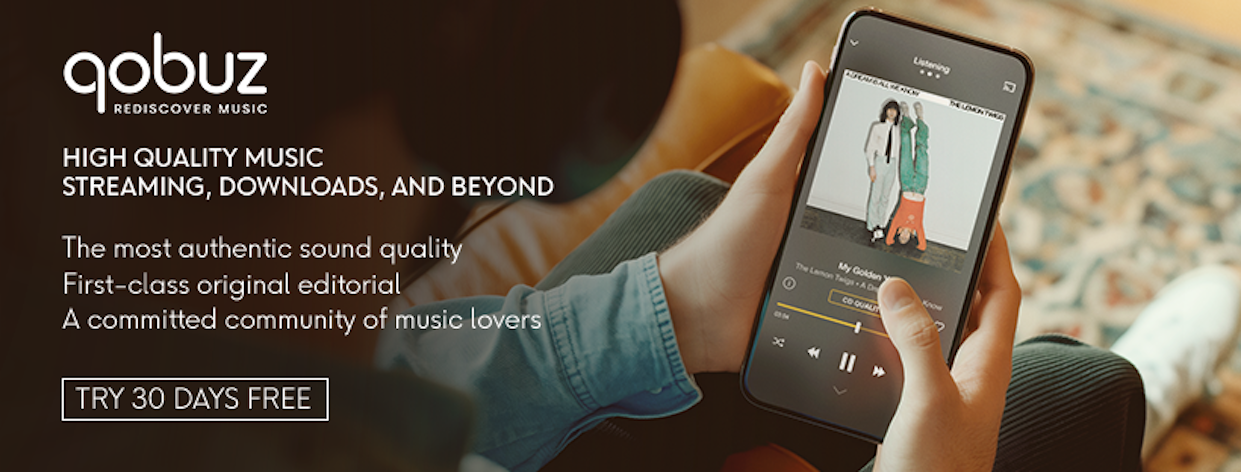What Happened To Counter-culture?
Producer Simon Hollis and presenter Stewart Lee tell JON ‘MOJO’ MILLS about the genesis of BBC radio’s exemplary “stick it the man” series WHAT HAPPENED TO COUNTER-CULTURE?

“The idea behind the series came from Radio 4, who thought it was time to do something about the idea/story of counter-culture in its own right,” explains Simon Hollis. “I don’t think they’d ever broadcast a series focusing on that subject. Stewart’s presentation and interviewing made the series, and he was also behind the choice of many of the interviewees (while others agreed to be in the show on one condition, they were interviewed by him).” “I brought in Emily Young, Val Warner, Iain Sinclair, Robyn Hitchcock, Pat Thomas and others who I knew, and thought were relevant,” says Lee. “Most of the interviewees are sadly from the south of England, as that’s where we are and there was no budget for travel.”
“I’d done some interviews before Stew was on board to set up the subject – as historians I thought John Harris and Andy Becket were brilliant,” Hollis continues. “I also liked Mykael Riley on the team-up of punk and reggae.” “The Fall loved Can, Groundhogs, VDGG. The Damned loved Fairies. Crass are hippies,” states Lee of the importance and oft-neglected punk/hippy connection, which the series tackles.
“Stewart and I are about the same age,” says Hollis, “and, like him, I lived through the ’80s as a teenager, but I’d never thought about the lineage of the pop culture, politics and activism I personally experienced being on a direct line from the counter-culture of the ‘60s. Or why the counter-culture came into being in the first place. There are lots of pieces of the wider historical/ political puzzle that make more sense to me after making this series – for example, how youth became a political idea in its own right and how the counter-culture wasn’t always directly aligned with the left – that tension between individualism and collectivism… the radical origins of the internet but also how the seeds of the tech companies’ monstrous power and hatred of regulation are right there in its founding ideas. Philosophically, the idea of counter-culture, is that it has to be ‘counter’ to something, more than just a force of resistance. The idea of a right-wing counter-culture is dealt with (and dispensed with) succinctly in the show by Blondie co-founder Gary Lachman, who points out that a counter-culture needs to do more than just oppose what it deems the existing orthodoxy in society (in this case a belief that society has become institutionally progressive and “woke”) – it has to offer a view of a better place to be, not just a retreat backwards or return to a more monochrome, conservative society that wishes away the last 70 years. And the internet is a real and interesting problem for counter-culture. Stew makes the point that big tech companies are not only a force of enormous power but crucially they also control the tools of communication – and those tools are driven by algorithms that work against forming wider opposition to this new dominant culture. Brian Eno’s Hard Art collective is trying to draw attention to this too.
“Interviewing Nick Saloman (The Bevis Frond) was Stew’s idea,” says Hollis. “The song ‘Portobello Man’ helps bring the series to a close in a lovely way. The thing was to try to move between these more distanced social, political and historical analyses with actual lived experience, personal storytelling and artist’s own work. My favourite was us going down to Sussex to interview Shirley Collins. It was a beautiful day, and her and Stew were brilliant together.”
“I loved working on the series and meeting all those people,” Lee adds. “They were all great… but Alan Lodge, who was at The Battle Of The Beanfield, was the most revelatory and moving. I just wish there had been time to look more into the politics. I understand how people might have missed that aspect, but it’s there. Simon made a great thing on no money.
“I believe the arts, culture, music and protest that Shindig! readers love will never thrive again in quite the same way,” Lee concludes, “due to the punitive living costs of today and the way the social media that controls us skews toward the neo-liberal.”
Listen to all the shows here
Here’s a special Qobuz playlist that Simon and Stewart put together especially for Shindig!.

